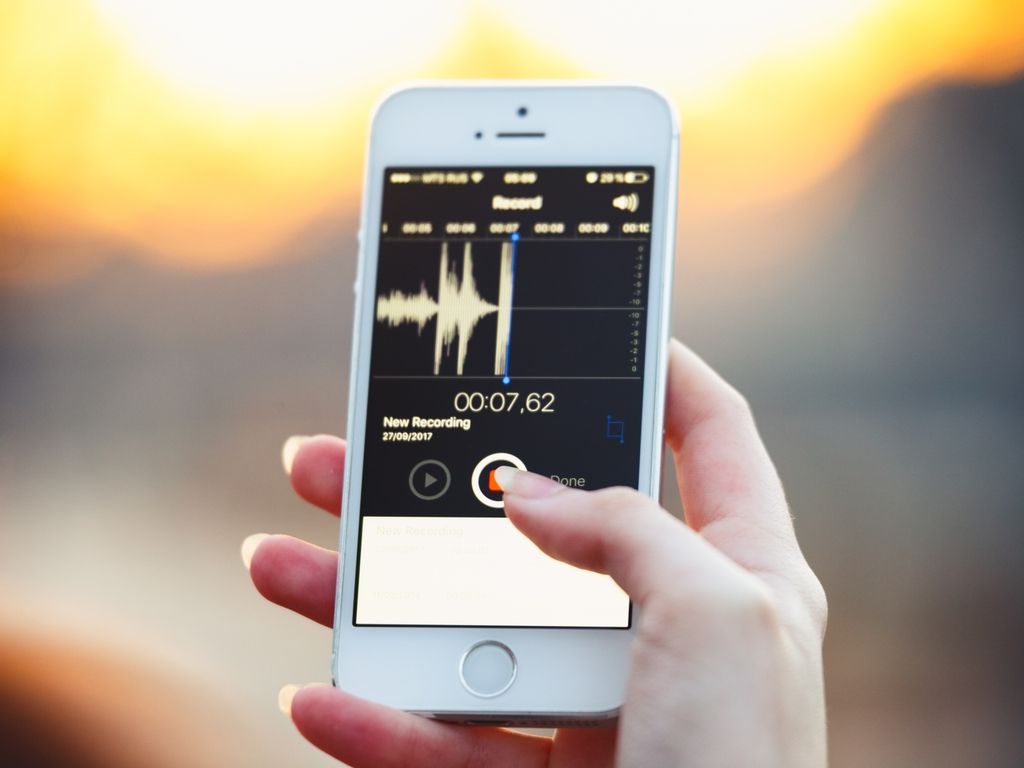Recording a Conversation without Consent: Is it Legal?

As experienced Pennsylvania criminal defense attorneys, we’re frequently asked questions such as “can you record a conversation in PA?” or “what are recording laws in PA?” and even “what are the various PA wiretap law charges?”
There are several reasons people contemplate recording a conversation – even when they’re not involved in it. The question isn’t just about wiretaps or phone calls of any type. It also includes using any kind of recording device in person. The bottom line comes down to the two-party consent law. Is it necessary?
If you have these questions on your mind, don’t fret. We’re here to answer them.
Can You Record a Conversation in PA?
Truth be told, people record conversations for a variety of reasons. It’s a common event in divorce cases, especially when there are suspicions of infidelity. Meanwhile, just about everyone knows that law enforcement authorities need warrants to secure permission to set up wiretapping devices.
However, the issue extends further. For example, in another state, an Uber driver came under fire for secretly recording passengers. In Pennsylvania, the legality of the recording could be questionable.
What are the Recording Laws in PA?
Here’s what you need to know about recording without consent in Pennsylvania. Pennsylvania law takes privacy concerns quite seriously. Both parties involved in a conversation must consent to its recording which is called two-party consent.
The same isn’t true in the neighboring state of New Jersey or federal law. Only one participant in a conversation needs to consent to the recording.
Recording without consent in Pennsylvania is considered a criminal offense. This includes using any device to record communications, whether oral, electronic, or wired, without the consent of all the parties involves in the conversation.
Therefore, as per recording laws in PA, you are legally forbidden from recording a conversation you’re participating in unless all parties have agreed to it.
Is Recording Someone Eavesdropping?
Here are a few examples of situations where using a recording device may be considered eavesdropping:
- Recording telephonic conversations without informing the other party
- Recording your superior at your workplace without their consent
However, the state law does make exceptions in cases where parties are conducting their conversations in an environment where privacy cannot be expected. A seasoned criminal defense lawyer with sound knowledge of PA wiretap law charges will be able to shed light on this aspect.
What Is Two-Party Consent Law?
Simply put, Pennsylvania’s two-party consent law states that all parties in a private conversation need to be aware of, and consent to, the recording of that conversation.
But the law does not cover oral communications when the parties involved do not have an “expectation that such communication is not subject to interception under circumstances justifying such expectation.”
Hence, you might be able to record an in-person conversation that’s happening in a public place without consent. Still, it’s best to seek the consent of all parties involved in a conversation before recording it.
Violating the Pennsylvania wiretapping law can expose you to a civil lawsuit for damages by the other party, along with criminal prosecution. To understand the intricacies of Pennsylvania’s Wiretapping and Surveillance Control Act, it’s best to speak with a knowledgeable local attorney.
Charges for Recording a Conversation without Consent
Pennsylvania’s “Wiretapping and Surveillance Control Act” begins at 18 Pa.C.S. §5701. Meanwhile, the interception of a call remains only one part of the issue.
If you “intentionally disclose …. the contents of any wire, electronic or oral communication,” you could also find yourself in trouble with the law.
Use our example of the Uber driver mentioned above. If you watch the videotape of the news report, you’ll learn how the recordings were used in this case.
It seems a collection of secretly taped conversations were put together to make a show. All things considered, it sounds a bit like the Taxicab Confessions TV series that started in 1995.
Would this be legal in Pennsylvania? It’s certainly a matter for concern. If you’re providing a ridesharing service, you may want to set up a dashcam for your own safety. At the very least, you should put up a placard indicating that you’re recording the event. However, that still doesn’t necessarily mean you’ve obtained consent to record any conversations in your vehicle.
Recording an in-person, telephonic, or electronic conversation is a felony offense in Pennsylvania. Penalties include:
- Up to seven years in prison
- Fine of up to $15,000
Further, violation of the hidden camera law is considered a misdemeanor. It can lead to:
- Up to one year in prison
- Fine of up to $,2000
In the meantime, the whole issue of two-party consent extends further. You should know that the penalties associated with illegally recording conversations are severe. The prospect of going to jail makes this an offense that warrants seeking the advice of an experienced criminal defense attorney.
Non-Consensual Recordings Used as Evidence
When you are facing criminal charges against you, your lawyer will look into every aspect of your case in preparing your defense. This could include determining whether the evidence introduced by the prosecution was obtained legally.
Once again, Pennsylvania requires two-party consent. Law enforcement authorities must also follow particular guidelines when it comes to wiretapping and surveillance.
Think about it. What if you made an admission on a recording that could lead to an inference of guilt? If your attorney can prove the recording was obtained illegally, it cannot be used as evidence. This could prove critical to the defense of your case.
Are You Facing PA Wiretap Law Charges? Contact MVSK Law
Do you have questions regarding Pennsylvania laws and recording conversations? Still wondering, “can you record a conversation in PA?”
At Mazzoni Valvano Szewczyk & Karam, we can give you the answers and legal advice you need. Contact us at (570) 348-0776 for a free consultation or fill out our online form to schedule an appointment.

